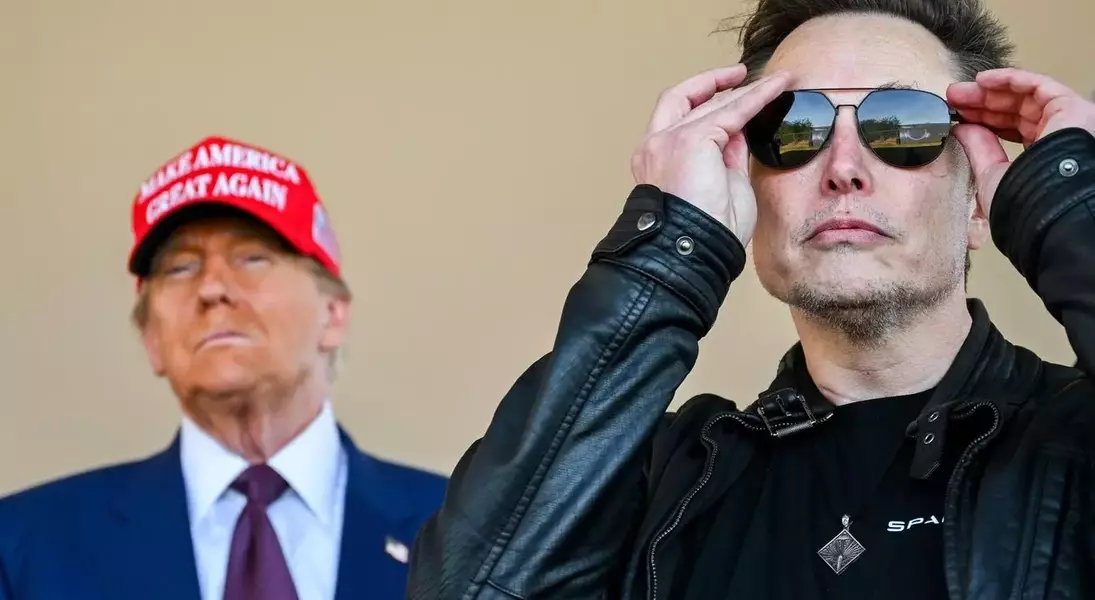
As the nation prepares for significant changes in federal spending, the healthcare sector faces unprecedented challenges. The newly appointed Department of Government Efficiency (DOGE), led by Elon Musk and Vivek Ramaswamy, aims to cut $500 billion from the annual budget. However, this ambitious goal may come at a severe cost to millions of American families, particularly those relying on Medicaid and Affordable Care Act (ACA) subsidies. The financial strain on healthcare could lead to widespread loss of coverage and access to essential medical services.
Unveiling the Details: A Closer Look at Healthcare Reforms
In the midst of a rapidly changing political landscape, two influential figures have emerged with a mission to reshape government spending. In the autumn of 2024, as the national debt has surged to $36 trillion, Elon Musk and Vivek Ramaswamy are tasked with identifying areas where substantial cuts can be made. With only 39% of the federal budget open for review, DOGE must focus on sectors that offer significant savings potential. One of the most vulnerable targets is the healthcare system, which currently consumes trillions of dollars annually.
The ACA, enacted in 2010, has been instrumental in providing insurance-premium subsidies and reducing out-of-pocket costs for lower-income families. Cutting these subsidies would force millions to drop their coverage, leaving an estimated 4 million families uninsured. Additionally, DOGE's plans to slash Medicaid funding could result in up to 18 million people losing access to essential healthcare services. This reduction would disproportionately affect children, seniors, and individuals with disabilities, leading to a decline in public health outcomes and increased financial burdens on states.
Beyond the immediate impact on healthcare, these proposed cuts would ripple through various sectors. States, already grappling with budget constraints, would face additional pressures to compensate for lost federal support. This could lead to reduced investments in education, infrastructure, and community hospitals, further straining local economies and leaving vulnerable populations without adequate care options.
From a journalistic perspective, the implications of these reforms are alarming. While the intention behind DOGE's efforts may be to achieve fiscal responsibility, the methods proposed appear to prioritize short-term savings over long-term well-being. The human cost of cutting healthcare programs cannot be understated. Instead of rationing care, there is a pressing need for innovative solutions that improve clinical outcomes and reduce overall medical spending. By focusing on systemic reforms, such as value-based care and price controls on pharmaceuticals, the U.S. can achieve both fiscal stability and sustained public health.
